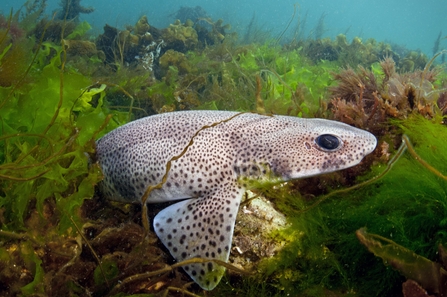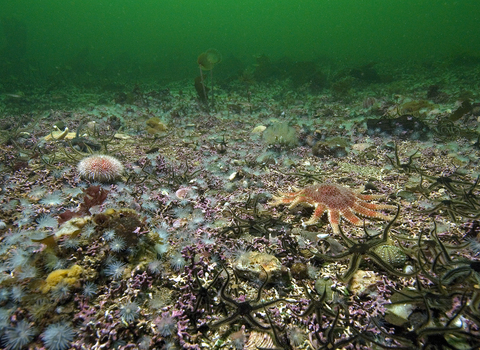Over half of the UK’s wildlife call the sea home – from tiny sand eels (the favourite food of puffins) to ocean giants like minke whales and orcas. Our marine environments also offer a treasure trove of opportunities for tourism, trade and ocean energy, and have the potential to protect against climate breakdown due to the large stores of carbon they hold.
However, in the UK, over half of marine habitats are deteriorating and only 29% of estuaries and coastal bodies are in good ecological condition. Bottom trawling – a fishing technique where nets are raked along the seabed – destroying habitats and capturing all marine life in its path, as well as potentially releasing carbon stored in the seabed. Along with Wildlife Trusts across the country, we have been campaigning for this damaging practice to be banned within Marine Protected Areas (MPAs) which are supposed to protect the seabed.
In a welcome step forward, on Monday (9 June), the UK Government announced proposals to ban bottom trawling in 41 offshore Marine Protected Areas, pending a consultation.


